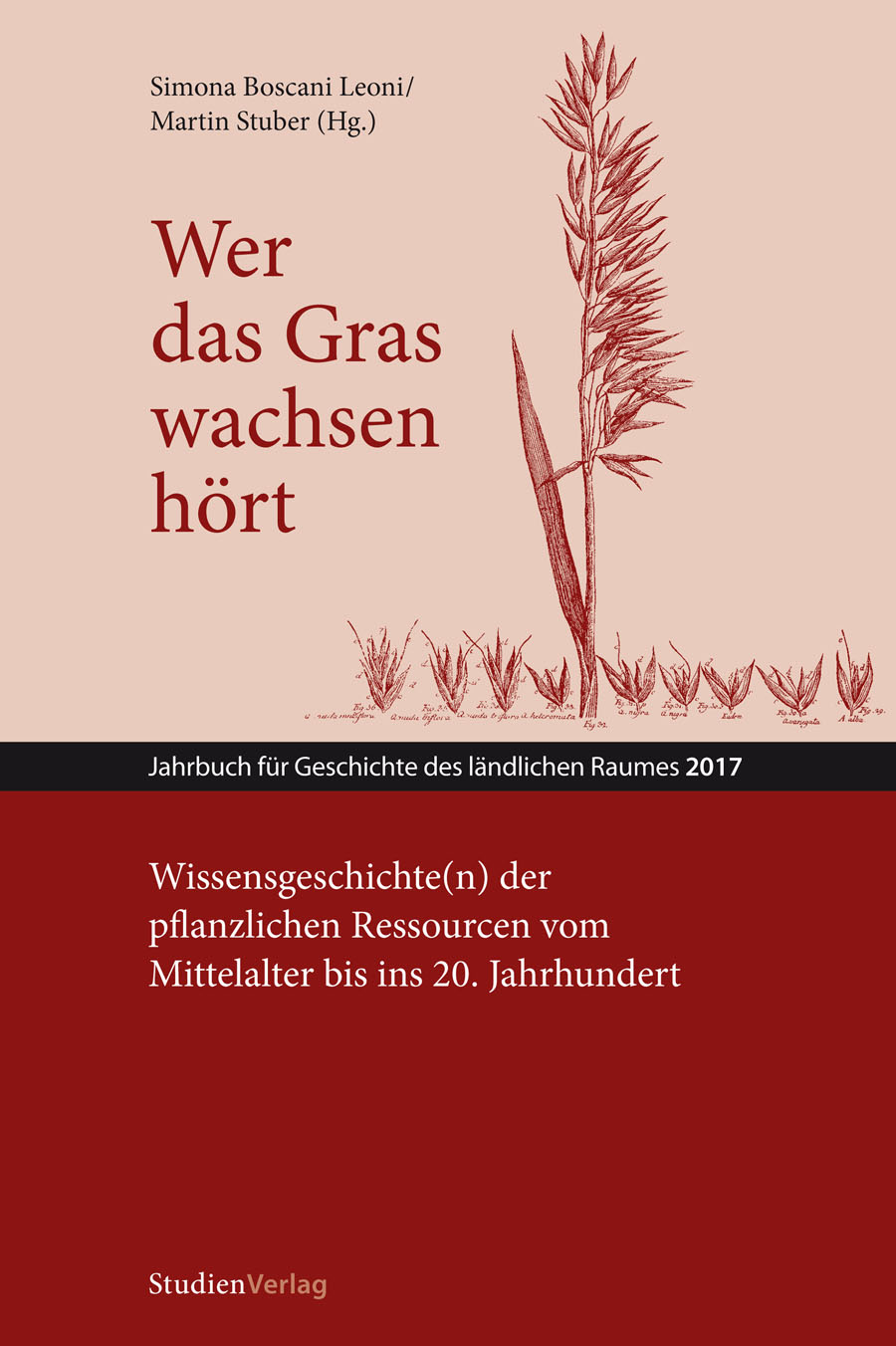Metamorphosen der Züchterblicke
Zur Interaktion bäuerlicher und wissenschaftlicher Paradigmen in der Getreidezüchtung der agrarisch-industriellen Wissensgesellschaft, 1850–1920
DOI:
https://doi.org/10.25365/rhy-2017-11Abstract
Plant breeding is always affected by the way plants are perceived by those who breed them. A knowledge based history of wheat breeding has, therefore, to take into account that the wheat breeding practices of the farming community at the end of the 19th and the beginning of the 20th century increasingly took place in an industrial context, where plants were conceptualised as fixed entities that could be manipulated with the help of modern genetics. Scientificoriented plant breeders working in laboratories had, in principal, a different understanding of the plant than farmers who incorporated their long-time experiences into their breeding and production practices in the fields. While the distinction between scientifically legitimated, Mendel-oriented breeding activities of scientists and the breeding-production oriented practices of the farming community was used by scientific actors to set up new state supported breeding institutions in the early stage of 20th century Switzerland, the actual wheat breeding activities of the emerging agrarian-industrial knowledge society were characterized by a close cooperation of farmers and scientists. The complexity of the agrarian world resulted in the creation of a privatepublic wheat-breeding arrangement, where scientific and tacit knowledge were not equal, but equally important. While scientists remained dependent on the breeding practices of the farmers and their knowledge, the latter incorporated Mendel’s terminology in their reflections about improving their plants. Many wheat producing farmers, therefore, successfully resisted their transformation into multipliers of seed (Vermehrer von Saatgut) until the 1950/60’s, when plant pathology, new varieties and an abundance of relatively cheap artificial fertilizer enabled the time-, space- and social-separation of the breeding and multiplying activities – a far-reaching process which not only made the farmers breeding-knowledge obsolete but also led to the view that breeders were inventors whose plants could be patented.


